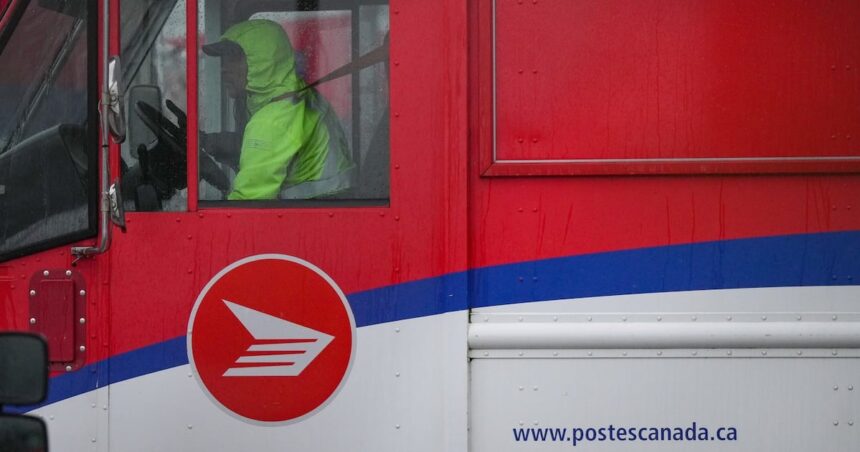In a development that threatens to disrupt mail service across the nation, approximately 55,000 Canada Post workers are poised to walk off the job this Friday following months of unsuccessful contract negotiations. The Canadian Union of Postal Workers (CUPW) delivered formal strike notice yesterday, citing stalled talks over wages, working conditions, and job security that have reached an impasse despite federal mediation efforts.
“We’ve been at the bargaining table for nearly eight months with minimal progress on critical issues affecting our members’ livelihoods,” said Marion Reynolds, CUPW National President. “The corporation continues to push an agenda of cost-cutting that undermines both service quality and worker wellbeing.”
The potential work stoppage comes at a particularly challenging time for Canada Post, which reported a $128 million operational loss in the first quarter of 2025 amid declining letter mail volumes and increasing competition in the parcel delivery sector. The Crown corporation has proposed a modernization plan that includes workforce adjustments and operational restructuring, measures the union characterizes as thinly veiled attempts to reduce full-time positions.
At the heart of the dispute are competing visions for Canada Post’s future. Management maintains that significant operational changes are necessary to ensure long-term sustainability in an increasingly digital marketplace, while the union argues that workers shouldn’t bear the brunt of transformation costs after delivering essential services throughout the pandemic and beyond.
“Our members were declared essential during COVID-19, facing unprecedented risks and workloads,” Reynolds noted. “Now we’re being asked to accept reduced benefits and job security when executive compensation continues to rise.”
Canada’s Minister of Labour, David Chen, has called on both parties to return to negotiations, emphasizing the potential economic impact of service disruptions. “A postal strike affects not just the corporation and its workers, but countless small businesses, rural communities, and vulnerable Canadians who rely on mail delivery,” Chen stated during a press briefing at the Parliament Hill.
The dispute has raised concerns among Canadian small business organizations, with the Canadian Federation of Independent Business estimating that a prolonged strike could cost small enterprises up to $250 million weekly in delayed payments and disrupted operations. E-commerce retailers are particularly vulnerable, with many scrambling to secure alternative delivery arrangements before Friday’s deadline.
For Canadians accustomed to receiving government checks, prescription medications, and other essential items through the mail, contingency plans are being developed. Service Canada has indicated that pension and benefit payments normally delivered by mail will be available for pickup at designated locations, while Canada Post has assured that certain humanitarian deliveries will continue even during a work stoppage.
Financial analysts monitoring the situation note that the timing presents challenges for both sides. “With inflation concerns still lingering and economic growth slowing, Canada Post faces genuine financial pressures,” explained Dr. Emily Thornton, economics professor at the University of Toronto. “However, workers are experiencing the same cost-of-living increases that are straining household budgets nationwide.”
The federal government has not yet indicated whether it would consider back-to-work legislation, a controversial measure used during previous postal disputes. Legal experts suggest such intervention would face significant challenges under current labor law frameworks and Charter protections for collective bargaining rights.
As businesses and citizens prepare for potential disruptions, the question remains: in an era of digital communication and multiple delivery options, will this postal strike reveal how essential Canada Post remains to our national infrastructure, or demonstrate how much our reliance on traditional mail service has diminished?














